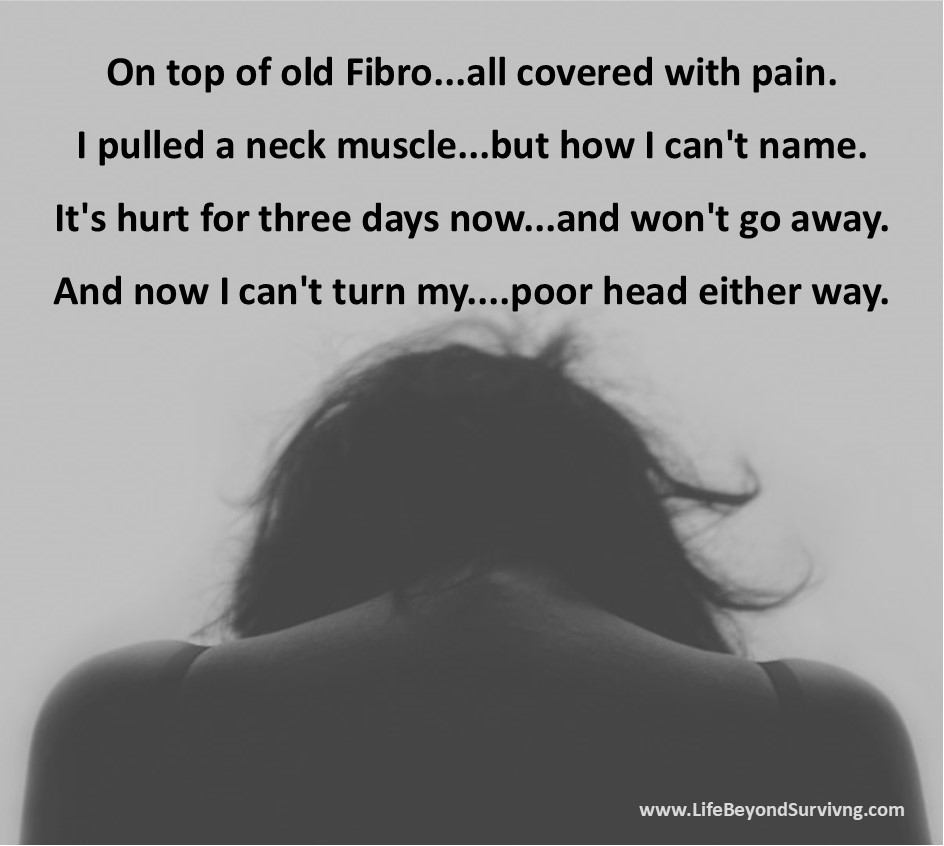I want to follow up on my two-part series on Polly Positive to bring you this article I wrote many years ago for my Art of Eloquence communication blog. I was talking about how we communicate with those who are struggling with chronic illness actually affects them, even if the person’s intentions are good. While Polly’s intentions are to bring the person back to Jesus, the timing isn’t right and the message that comes across is quite damaging and, in fact, not biblical:
“Pleasant words are a honeycomb, sweet to the soul and healing to the bones.” -Proverbs 16:24
I’ve seen it so many times. A sister in the Lord opens up to share a struggle she is going through in the hopes that the fellowship will bring strength to a weary heart. Instead of support, sympathy or understanding, she receives condemnation by well-meaning and faith-filled believers. In place of words of peace and comfort, they rebuke the poor sinner for not having enough faith. They remind her of the mustard seed, how faith can move mountains and how big God is, but what does that do to her suffering? Does it relieve her suffering or does it, in fact, increase it and place the blame squarely on her?
This is actually one of the worst things you can communicate to a believer who is hurting. Why? Because what you’re saying is:
1. Your suffering is your fault
By telling a believer that she doesn’t have enough faith in God, you are telling her that she wouldn’t be suffering if she only had more faith. Since she either doesn’t believe she has little faith or doesn’t see how she can have more, she feels you are telling her that she is ONLY suffering because of her own lack of faith. Essentially, this belittles her suffering. After all, people don’t feel as sorry for those who cause their own suffering as we do for those who are suffering through no fault of their own.
2. You wouldn’t suffer if you only had more faith
After being told she has caused her own suffering through unbelief, the only option given her is more belief. This is sort of like telling someone “Be happy!” Have you ever been upset and been faced with a situation in which you had to go out and put on your happy face? It was difficult, wasn’t it? Magnify that tenfold and think how difficult it would be to put on your happy face after having lost a loved one to cancer or after being faced with financial ruin. Can they do it? I’m sure some could, but what does it require? It usually requires a time of mourning, a time of rebuilding after a period of support and strength that comes from fellowship. Telling someone to have faith after you just told them they didn’t have any, isn’t helpful and it can be a huge detriment to their ability to bounce back after a devastating event.
3. Your suffering is not going to stop until you have more faith
This poor hurting soul who was reaching out for comfort and strength is now frustrated because she is being told that, no matter how the struggle began, it is now her fault, the only cure is more belief and she cannot find an ounce more in her suffering so it’s never going to end. She is now convinced her suffering will go on indefinitely! Struggles are difficult enough when we believe they are somewhat temporary, but when we see no end in sight, struggles take on new depths of sorrow.
We can all build our faith. Even the most faith-filled Christian can become even stronger in the Lord, but this growing in faith usually comes after a period of mourning the loss at the root of the struggle and a period of gathering strength from family, friends and the Lord.
Telling someone their suffering comes from their unbelief is unbiblical. Here are just three examples from scripture:
1. If all suffering comes from not having enough faith, why was Paul suffering?
“And lest I should be exalted above measure through the abundance of the revelations, there was given to me a thorn in the flesh, the messenger of Satan to buffet me, lest I should be exalted above measure.” -2 Corinthians 12:7
2. If all suffering can be reversed by having more faith, why wasn’t Paul healed?
“For this thing I besought the Lord thrice, that it might depart from me.” -2 Corinthians 12:8
3. If Christians are not supposed to discuss their feelings when they are suffering, how can you explain Job?
“Even to day is my complaint bitter: my stroke is heavier than my groaning.” –Job 23:2
“And the LORD turned the captivity of Job, when he prayed for his friends: also the LORD gave Job twice as much as he had before.” –Job 42:10
Telling a person who is suffering, especially when the suffering is new, that they simply need more faith is not only unhelpful, but it can frustrate and depress the person even further. This is where more communication skill is needed. Be careful at this vulnerable time in this believer’s life that you are part of the solution and not part of the problem
“Let no corrupt communication proceed out of your mouth, but that which is good to the use of edifying, that it may minister grace unto the hearers.” Ephesians 4:29
Please share your comments, thoughts, and experiences here. I’d love to hear from you.









